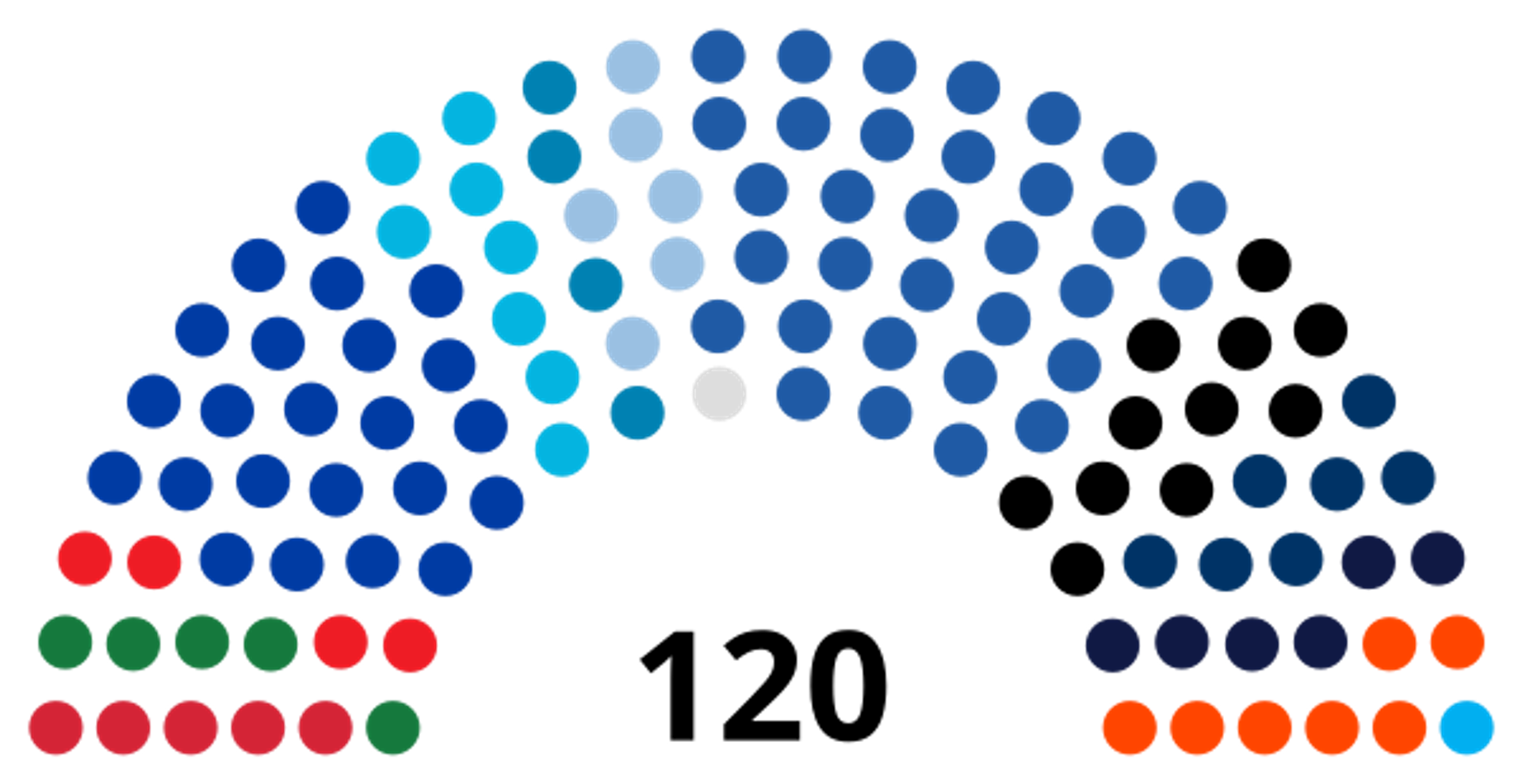
Knesset
What do people say about Knesset?
In the United States context, the Knesset is perceived as a volatile and contentious legislative body, frequently associated with political deadlock and internal divisions. Its image suffers from a lack of clear understanding among the American public, who often view it through the lens of Israel's broader geopolitical struggles. Positive recognition of the Knesset as a democratic institution is minimal and overshadowed by reports of political instability and legislative dysfunction. This results in a perception that is more negative than positive, focusing on chaos and unpredictability rather than effective governance.
Where are the conversations happening?
The perception of the Knesset in US media is scattered and mostly found in news outlets covering Middle Eastern affairs, such as CNN, Fox News, and NBC. These sources often highlight political instability and internal disputes within the Knesset rather than its legislative achievements. Critical discussions are prevalent on channels that cover Israeli politics during times of political crisis or elections, where the Knesset is portrayed as dysfunctional and divided. There is little balanced or positive coverage focusing on its democratic processes or legislative successes, reflecting a predominantly negative framing.
What are the topics trending around Knesset?
Emerging topics include political deadlock in Israel, coalition government instability, proposed controversial legislation, and debates on judicial reforms. These discussions often focus on how such issues affect the Knesset's functionality and Israel's democratic integrity.
Why are these topics trending?
These trends arise from ongoing political crises in Israel that draw international attention, especially from US media and political analysts. The Knesset is central to these discussions as its ability to govern effectively is questioned amid coalition breakdowns and contentious legislative initiatives, influencing its perception abroad.
How is Knesset being talked about?
Detailed breakdown of public sentiment and conversations about this entity.
Impact vs Sentiment
See how each entity's high impact percentage relates to their positive sentiment percentage from actual mentions.




